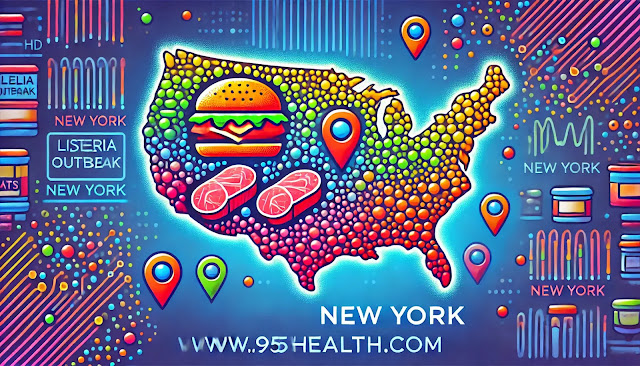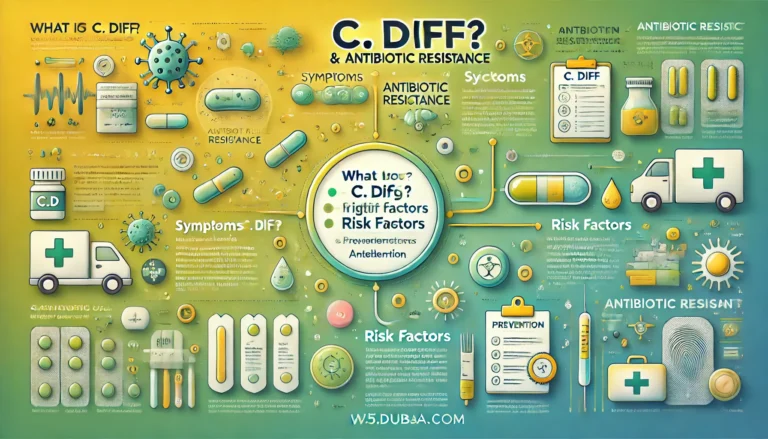Kansas College Professor Hospitalized Due to Severe Allergic Reaction to Barbecue Food
In a surprising and rare medical incident, a Kansas college professor was hospitalized after experiencing a severe allergic reaction triggered by consuming barbecue food. This case highlights the complexity and potential severity of food allergies, even with common foods like barbecue items.
Understanding Food Allergies
Food allergies occur when the body’s immune system mistakenly identifies certain proteins in food as harmful. This triggers an allergic reaction, which can range from mild symptoms like hives and itching to severe, life-threatening reactions such as anaphylaxis. Common symptoms of food allergies include:
- Hives
- Swelling of the lips, face, tongue, or throat
- Difficulty breathing
- Abdominal pain, diarrhea, nausea, or vomiting
- Dizziness or fainting
According to the National Institute of Allergy and Infectious Diseases (NIAID), approximately 8% of children and 10.8% of adults in the United States have food allergies.
Case Details and Hospitalization
The Kansas professor’s reaction was part of a chain reaction triggered by the consumption of barbecue food. Although details of the specific allergen are not fully disclosed, it is known that barbecue foods can contain various common allergens, including soy, peanuts, tree nuts, and dairy, as well as potential cross-contamination during preparation and cooking.
Prevention and Management
Preventing allergic reactions involves strict avoidance of known allergens and being vigilant about food labels and potential cross-contamination. The Food and Drug Administration (FDA) emphasizes the importance of proper labeling for the eight major food allergens: milk, eggs, fish, crustacean shellfish, tree nuts, peanuts, wheat, and soybeans. Recently, sesame has also been added as a major allergen.
Treatment and Emergency Response
In case of severe allergic reactions, immediate administration of epinephrine is critical. People with known severe allergies are advised to carry an epinephrine auto-injector. As per the NIH, recent advancements include treatments like omalizumab, which can reduce the severity of reactions in multi-food allergic individuals.
This incident underscores the importance of awareness and preparedness for food allergies, particularly in settings where cross-contamination can occur. For those with severe allergies, it is crucial to have an emergency action plan and to communicate their condition to others to ensure prompt and effective response.






